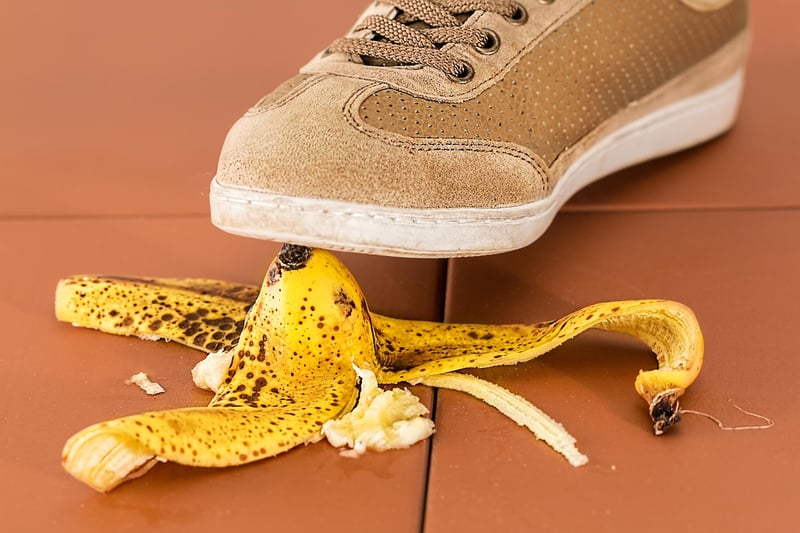Altering History Risks
The Risks of Altering History: Understanding the Consequences
History is a delicate tapestry of events that have shaped the world as we know it today. However, the idea of altering history, whether through misinformation, manipulation, or distortion, comes with significant risks and consequences. It is essential to understand these risks to appreciate the importance of preserving and accurately portraying historical events.
1. Distortion of Truth
One of the primary risks of altering history is the distortion of truth. By manipulating historical facts, individuals or groups can misrepresent events to serve their agendas. This distortion can lead to a skewed understanding of the past, creating misinformation that can have far-reaching consequences.
2. Loss of Cultural Heritage
History plays a crucial role in preserving cultural heritage. By altering historical narratives, we risk losing the richness and diversity of different cultures. Each event in history contributes to the tapestry of human civilization, and changing these events can diminish the value of our shared heritage.
3. Impact on Future Generations
History serves as a teacher for future generations, providing lessons learned from past experiences. When history is altered, these lessons can be distorted or lost, depriving future generations of valuable insights. It is essential to preserve the integrity of historical records for the benefit of those who come after us.
4. Erosion of Trust
Altering history erodes trust in historical sources and institutions. When historical facts are manipulated or misrepresented, it undermines the credibility of those who study and preserve history. Trust is essential in understanding our past and shaping our future, and altering history jeopardizes this trust.
5. Repeating Past Mistakes
One of the most significant risks of altering history is the potential to repeat past mistakes. By distorting historical events, we may fail to learn from the errors of the past, leading to the repetition of harmful actions. Accurately preserving history is crucial in avoiding the pitfalls of the past.
Conclusion
History is a precious and invaluable record of our collective past. The risks of altering history are profound and can have lasting effects on our understanding of the world. By recognizing these risks and valuing the importance of historical accuracy, we can ensure that the lessons of the past continue to guide us towards a better future.
Remember, history is not just a series of events; it is a reflection of who we are and where we come from. Let us preserve it with integrity and respect.

For more information on the risks of altering history, visit History.com.
